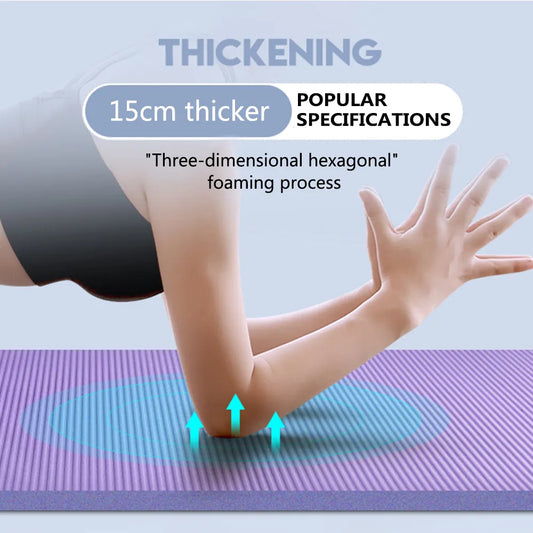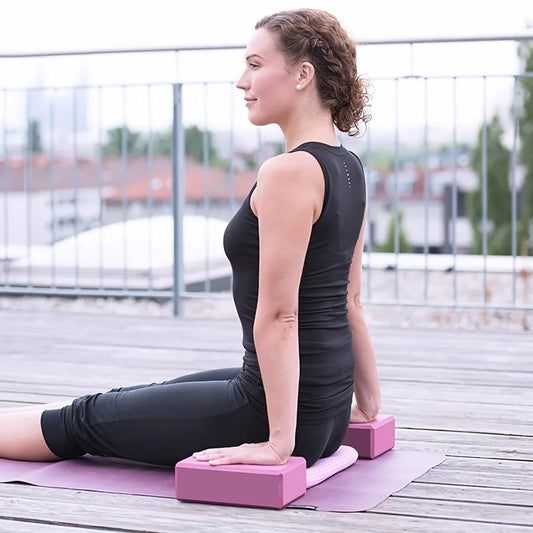Taking care of your shoulders and back is essential for maintaining overall health, mobility, and functionality. Here are some tips to help you care for your shoulders and back:
-
Maintain Good Posture: Practice good posture throughout the day by sitting and standing with your shoulders back, chest open, and spine aligned. Avoid slouching or hunching forward, which can strain your shoulders and back muscles.
-
Stretch Regularly: Incorporate stretching exercises into your daily routine to improve flexibility and mobility in your shoulders and back. Focus on stretches that target the chest, shoulders, upper back, and neck to release tension and improve range of motion.
-
Strengthen Supporting Muscles: Strengthen the muscles that support your shoulders and back, including the upper back, rotator cuff muscles, and core muscles. Incorporate exercises such as rows, lat pulldowns, and shoulder stabilization exercises into your strength training routine.
-
Practice Proper Lifting Techniques: When lifting heavy objects, bend your knees and keep your back straight. Use your leg muscles to lift, rather than straining your back or shoulders.
-
Take Breaks and Move Regularly: If you have a sedentary job, take regular breaks to stretch and move your shoulders and back. Incorporate gentle movement throughout the day to prevent stiffness and promote circulation.
-
Use Ergonomic Equipment: Ensure that your workspace is ergonomically set up to support proper posture and reduce strain on your shoulders and back. Use an ergonomic chair, adjust your computer monitor to eye level, and use a supportive chair cushion if needed.
-
Practice Mindful Movement: Engage in activities that promote mindful movement, such as yoga, Pilates, or tai chi. These practices help improve body awareness, posture, and alignment while strengthening and stretching the muscles of the shoulders and back.
-
Listen to Your Body: Pay attention to any signs of discomfort or pain in your shoulders and back. If you experience pain, stiffness, or limited range of motion, consult with a healthcare professional for evaluation and treatment.
-
Stay Active and Maintain a Healthy Weight: Regular physical activity and maintaining a healthy weight are important for overall shoulder and back health. Aim for a balanced exercise routine that includes cardiovascular exercise, strength training, and flexibility exercises.
-
Seek Professional Guidance: If you have chronic shoulder or back pain, consider seeking guidance from a physical therapist, chiropractor, or other healthcare professional. They can provide personalized treatment options, exercises, and recommendations to help alleviate pain and improve function.
Taking proactive steps to care for your shoulders and back can help prevent injuries, reduce pain, and improve overall quality of life. Incorporate these tips into your daily routine to promote shoulder and back health for years to come.




















